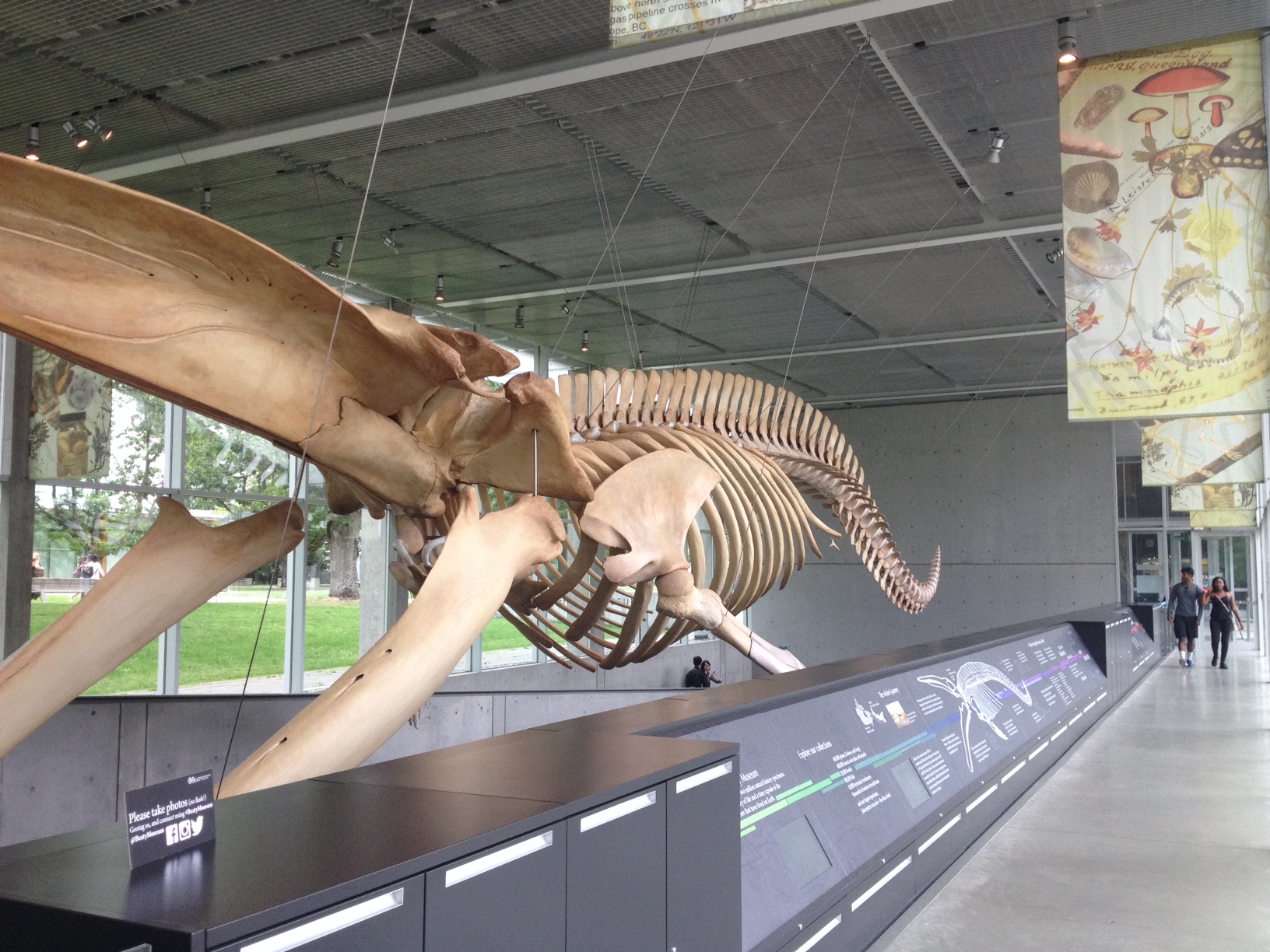Sea Around Us Workshop at the University of British Columbia
July 25th – August 5th, 2016
By Dr. Dyhia Belhabib
We are happy to announce a fully funded capacity-building workshop for fisheries scientists and fisheries experts from the West African sub-region (i.e., Mauritania, Senegal, Gambia, Cape-Verde, Guinea Bissau, Guinea, Sierra Leone), funded by the MAVA Foundation. The workshop –- which will run between July 25 and August 5 — will be held at the Institute for the Oceans and Fisheries, University of British Columbia. The Sea Around Us has focused its work over the last decade on the ‘reconstruction’ of total catches by the marine fisheries of the world, with a heavy emphasis on fisheries – domestic and foreign – in West Africa.
The training-plan for the workshop will focus on the priority issue of each country, using detailed catch reconstruction data, Marine Protected Area coverage, climate change indexes, and other parameters researched by participants. Their research will focus on data and knowledge gaps that require addressing and will produce scientific papers authored or co-authored by the candidates. The workshop will also include instructions on major concepts such as fishing down the marine food webs and shifting baselines, fisheries economics and policy, climate change impacts, Marine Protected Areas, as well as details of the global Sea Around Us and FAO databases, the global online encyclopedias FishBase/SeaLifeBase, and some basic training in scientific writing.
Expected outcomes:
At the end of the workshop, each participant or group of participants will be expected to produce a draft of a paper whose topic will be conceptualized within the above stated fields. This paper will be submitted to a peer-reviewed journal during or immediately after the workshop.
The Sea Around Us, which together with the Fisheries Economics Research Unit (FERU), and the Changing Oceans Research Unit (CORU), form the Global Fisheries Cluster (www.global-fc.ubc.ca) — which itself is headquartered at the Institute of Oceans and Fisheries at UBC. Participants are expected to interact with and develop collaborations with these units based on their country’s priority issues. It is hoped that these interactions and collaborations will be leveraged into future opportunities for data exchange and collaborative research work.
Furthermore, the participants are expected to develop a solid regional West Africa network and work closely with colleagues from other West African countries to research common issues and priorities.


